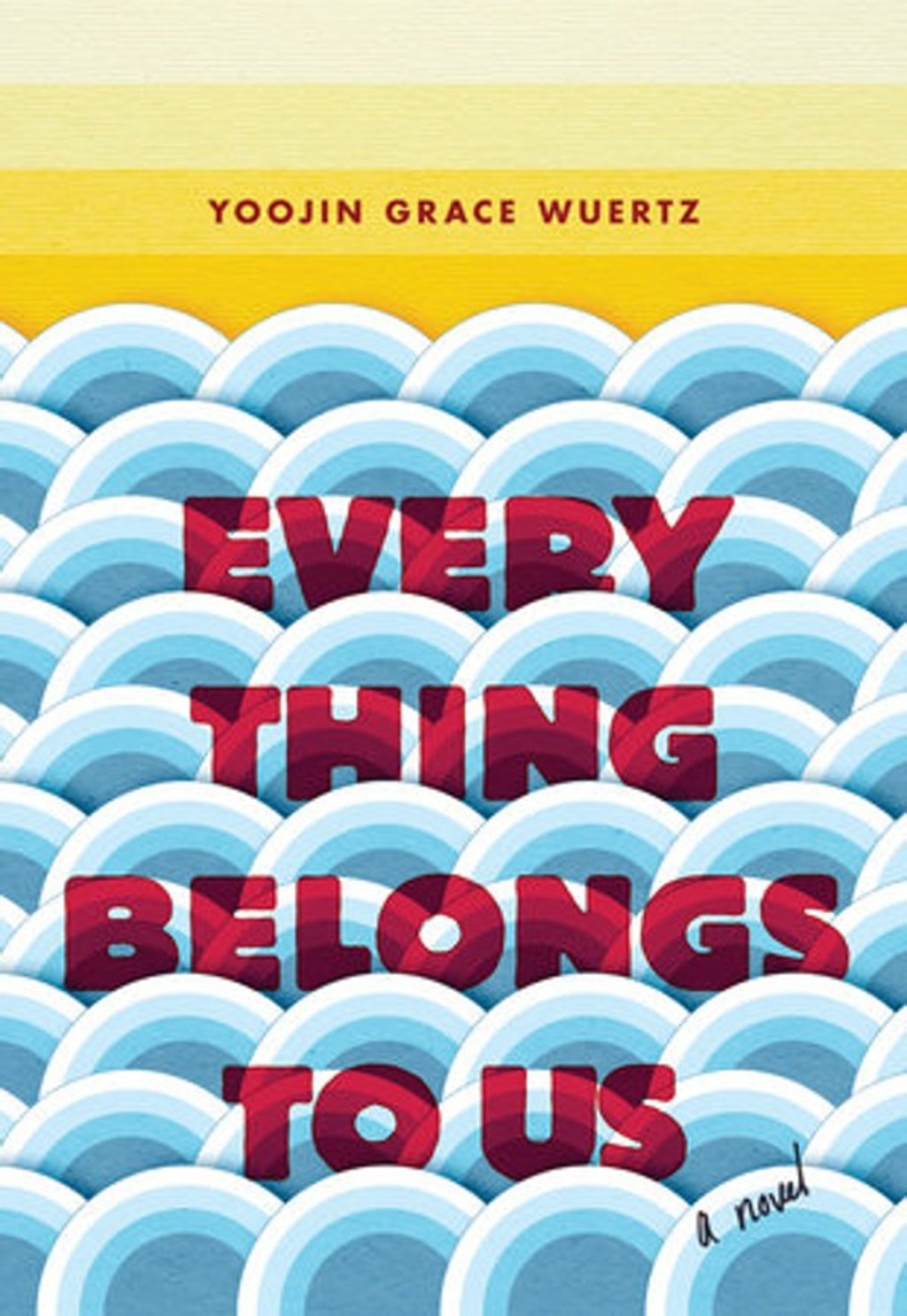Advertisement
Book review: Everything Belongs to Us – story of elite university students in post-war Korea and their personal struggles
Yoojin Grace Wuertz’s debut novel follows the lives of a group of Seoul National University students in the late 1970s, when South Korea had forsaken personal liberties for economic growth
Reading Time:3 minutes
Why you can trust SCMP


Everything Belongs to Us
by Yoojin Grace Wuertz
Advertisement
Random House
3/5 stars
Advertisement
South Korea was not always the prosperous, democratic country it is now. Just a few decades ago, back in the late 1970s, it was relatively poor and ruled by a harsh authoritarian regime desperate to catch up with the West while cracking down on any form of public dissent. This is the turbulent backdrop against which Everything Belongs to Us by Yoojin Grace Wuertz takes place.
Advertisement
Select Voice
Select Speed
1.00x